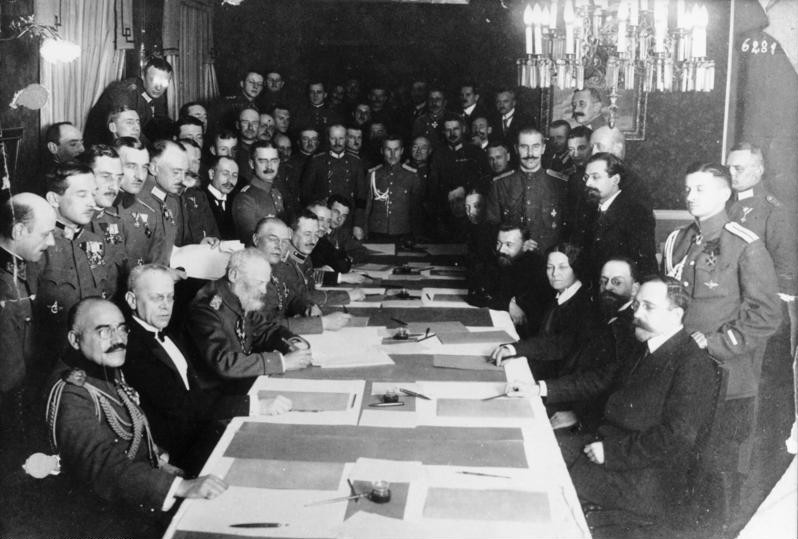Would You Have Done Well in the Nomenklatura?
In the Soviet Union, 1.5 percent of the population had very important jobs. Or at least they pretended to. They were known as the nomenklatura, a professional class of high level bureaucrats and Communist Party members.
And they were the ones with the power.
The Communist Party’s patronage system got them jobs based on political loyalty, thanks to a well established system created by “Comrade Filing Cabinet” Joseph Stalin in 1922. Similar to the Roman patronage system, members of the bureaucracy could not advance without the help of a patron. In exchange, they would execute the policy of their patron. Accordingly, the government was managed by two million people who knew they only held their jobs because high level party officials favored them, and their jobs lasted only as long as their loyalty.
So essentially, the Soviet Union was ruled by people who were constantly struggling for power and influence, collaborating only to oust their coworkers and fulfill the economic plans. Policy was only made and carried out with the threat of being kicked out of the party or the hopes of getting promoted.
It was a totally dysfunctional, wasteful, and inefficient way to organize a bureaucracy. And it was the only reason why the Communist Party stayed in power and the Soviet Union a state. Thanks to the nomenklatura, almost every single person in a position of authority, from the Party’s most power person, the General Secretary, to local factory managers and transit police, were “elected” to power because of the Communist Party. The nomenklatura was essentially a ruling class, with the only difference being that they did not own any productive resources, but rather took their shares before everyone else.
But would you have done well in such an environment?
Firstly, you have to be able to ignore people. You’d be starting at the bottom, unless you had connections higher up. Under no circumstances were you to try and help people, unless that involved the carrying out of your patron’s policy. You were only there to curry favor with your patron. If you think that you would want to help people, the nomenklatura is not the right place for you.
Next, you would have to be great and dealing with the internal politics of an organization. You had fulfill the policy of a parton using your position, reaching out to other members to use their experience and authority to fulfill the policy. You had to make sure to be the patron’s favorite, and enhance your chances of promotion while also reducing your rivals. You also had to expand your influence downward, becoming a patron to the highest number of clients, in order to build a base of loyalists. If you think that you would want to work efficiently with impartial and fair organizational structures, the nomenklatura is not the right place for you. Finally, you would have to keep your priorities in mind. Your purpose in the nomenklatura would have been to increase the power and influence of yourself, while obtaining more resources and power over the common population. You would have had to dominate the politics, military, industry, and the entire state with a parasitic bureaucracy controlling every aspect of life. And, you would have had to it in the most inefficient way possible. If you believe in personal liberty, or in Weberian bureaucracy, the nomenklatura is not the right place for you.








